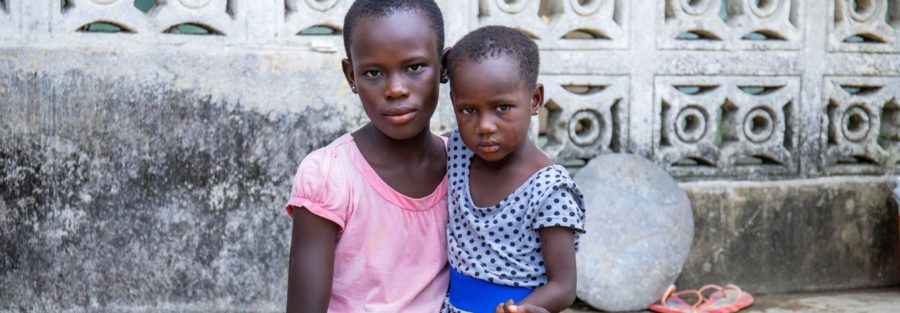Despite being illegal in Ghana, Female Genital Mutilation (FGM) continues to persist in some communities, particularly in the northern regions, where deep-rooted cultural beliefs and traditional practices outweigh legal prohibitions. Each year, countless girls are subjected to this harmful practice, often in secrecy, leaving them with lifelong physical and psychological scars. While legal measures serve as an important deterrent, they are not enough to fully eradicate the practice. The fight against FGM requires a collective effort that goes beyond the formulation of laws. It should involve law enforcement, education, advocacy, and grassroots activism.
The International Day of Zero Tolerance for FGM observed on February 6, serves as a critical moment to amplify efforts, raise awareness, and strengthen alliances to end this violation of human rights. With the theme “Step Up the Pace”, this year’s observance calls for urgent, collective action to eradicate FGM and ensure the protection of the rights and well-being of women and girls across the world.
The Reality of FGM
FGM involves the partial or total removal of the external female genitalia. This practice is deeply rooted in cultural, social, and religious traditions in various parts of Africa, the Middle East, and Asia. However, it has severe and lasting consequences on the physical, psychological, and reproductive health of girls and women.
FGM has no medical benefits and poses significant health risks. One of the most immediate dangers is severe pain and excessive bleeding, as the procedure is often performed without anesthesia, causing excruciating pain and, in some cases, life-threatening hemorrhage. The unsanitary conditions in which FGM is often conducted also put girls at risk of infections, sepsis, and prolonged healing complications.
Additionally, women who have undergone FGM may experience long-term reproductive health issues, such as difficulties during childbirth, leading to increased maternal and infant mortality rates. Beyond the physical harm, FGM can also cause psychological trauma, leading to post-traumatic stress disorder (PTSD), depression, anxiety, and a loss of self-esteem.
What Does the Law Say?
Ghana has taken a firm stance against FGM, criminalizing the practice under the Criminal Code (Amendment) Act, 1994 (Act 484), and further reinforcing the law with the Domestic Violence Act, 2007 (Act 732). Despite these legal measures, cases of FGM persist due to deeply ingrained cultural beliefs and resistance to change.
Many families still believe that FGM is a rite of passage or a way to ensure marriageability, ignoring the lasting harm it causes. Legal bans alone cannot dismantle centuries-old traditions. Ending FGM requires legal enforcement and also a comprehensive approach involving sustained education.
ARHR’s Role in Education and Advocacy
ARHR is committed to advancing Sexual and Reproductive Health and Rights (SRHR) education in Ghana. Through targeted advocacy and community engagements, ARHR plays a vital role in combating harmful practices like FGM. ARHR works to challenge cultural norms and promote gender equality and equity while empowering young people and families with knowledge and resources to make informed choices about their health.
Stepping Up the Pace
Ending FGM requires a multi-sectoral approach involving governments, civil society organizations, health professionals, the media, and individuals. Strengthening alliances, amplifying the voices of survivors, and integrating anti-FGM messages into reproductive health programs are crucial steps toward eradicating this harmful practice.
On this International Day of Zero Tolerance for FGM, it is a clarion call on all to reaffirm commitments to protect the rights of women and girls. We must strengthen alliances and build movements to step up the pace and end FGM.



